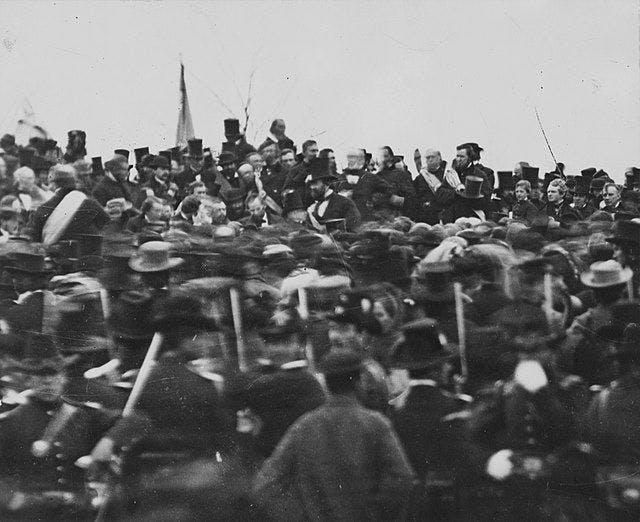181 reads
What if Abraham Lincoln Had Used ChatGPT?
by
January 19th, 2023
Audio Presented by

Avid reader of all things interesting to mankind. Futurist, artist, pianist, realist.
About Author
Avid reader of all things interesting to mankind. Futurist, artist, pianist, realist.
